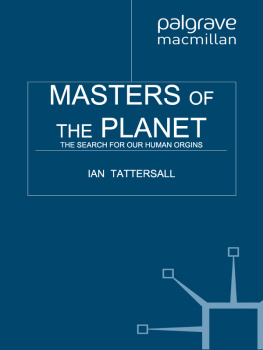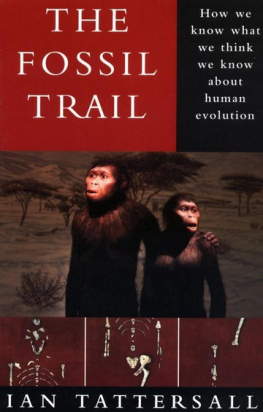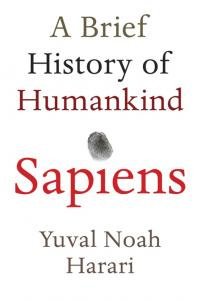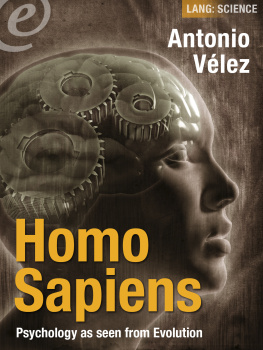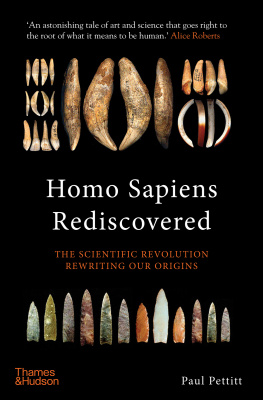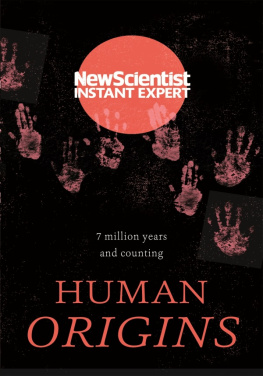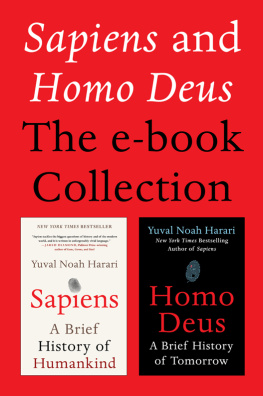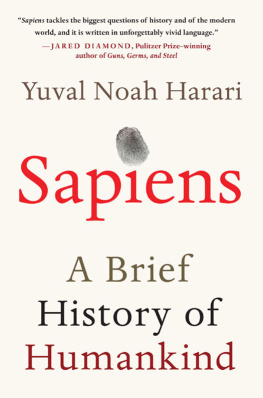MASTERS OF THE PLANET
MASTERS OF THE PLANET
THE SEARCH FOR OUR HUMAN ORIGINS
IAN TATTERSALL


MASTERS OF THE PLANET
Copyright Ian Tattersall, 2012.
All rights reserved.
First published in 2012 by PALGRAVE MACMILLAN in the United Statesa division of St. Martins Press LLC, 175 Fifth Avenue, New York, NY 10010.
Where this book is distributed in the UK, Europe and the rest of the world, this is by Palgrave Macmillan, a division of Macmillan Publishers Limited, registered in England, company number 785998, of Houndmills, Basingstoke, Hampshire RG21 6XS.
Palgrave Macmillan is the global academic imprint of the above companies and has companies and representatives throughout the world.
Palgrave and Macmillan are registered trademarks in the United States, the United Kingdom, Europe and other countries.
ISBN 978-0-230-10875-2
Library of Congress Cataloging-in-Publication Data Tattersall, Ian.
Masters of the planet : the search for our human origins / Ian Tattersall.
p. cm.
Includes bibliographical references and index.
ISBN 978-0-230-10875-2 (hardback)
1. Human beingsOrigin. 2. Human evolution. 3. Evolutionary psychology. I. Title.
GN281.T364 2012
599.938dc23
2011034415
A catalogue record of the book is available from the British Library.
Design by Letra Libre, Inc.
First edition: March 2012
10 9 8 7 6 5 4 3 2 1
Printed in the United States of America.
For Gisela, Tat and Chub
CONTENTS
PROLOGUE
S tare at the face of a chimpanzee. Look deep into its eyes. Your reactions will almost certainly be powerful, complex, and murky. Perhaps on balance youll want to recoil, as the Victorians tended to, perceiving in the apes a bestial savagery that served as an unwelcome reminder of humanitys feared and (usually) repressed dark side. In our own day, though, youll much more likely see in the chimpanzee something more positive: not a failure to achieve human status, but an inchoate glimpse of the deep biological foundations on which our modern civilization and creativity are ultimately based. Still, whatever your exact reaction may be, it will certainly come from perceiving a lot of yourself in those eyesand the side of the human coin you will see reflected will depend entirely on you, not on the chimpanzee.
This ambiguity makes it very frustrating that the chimpanzee cant articulate his state of mind to us, or answer our questions about it. But then, for all of his physical differences, if he could talk he would be one of us. Nothing else he could do would place him more emphatically in the human camp, for it has been recognized since ancient times that language defines us as nothing else does. Indeed, the Scottish jurist James Burnett, Lord Monboddo, anticipated evolutionary thought as early as the 1770s when he suggested that the acquisition of language was the key feature that had levered humankind away from the lower animals: an intuitively attractive notion that has been revisited by numerous thinkers since. During the quarter millennium that has elapsed since Monboddo wrote, a vast trove of information bearing on this issue has accumulated, in numerous areas of science that range from linguistics through genomics to neurobiology. Most importantly, we have learned a great deal about the diversity and behaviors of our pre-cursors on this Earth: certainly enough to allow us to begin speculating with some confidence about how, when, and in what context humankind acquired its extraordinary habits of mind and communication.
The story of how we became human is a long one, and it is one that is best recounted from its ancient beginnings, well before there was any firm hint of what was to come. So lets return for a moment to that chimpanzee and its relatives. Its hardly surprising that the apes are so unsettlingly like us. They are our closest living relatives in the biosphere, sharing with us an ancestor that lived perhaps as recently as seven million years agoa mere eye-blink in the history of Life. But in that short time no other animal lineage has changed nearly as much as ours has. This means that even though they, too, have changed, we can reasonably look to chimpanzees and their relatives for clues as to what our common ancestor was like. And if these primates serve as a reliable guide, that ancestor was an extremely complex creature indeed. Chimpanzees bond, quarrel, and reconcile; they deceive; they murder; they make tools; they self-medicate. They live in hugely complicated societies; and in the struggle for status within those societies they form intricate alliances, and indulge in intrigues that some observers have described as nothing less than politics. If humans had never evolved, apes would almost certainly be today the most cognitively complex animals that had ever existed.
Yet here we are. And the story of how we got here from there, leaving our ape relatives in the dust (or at least in the trees), is perhaps the most intrinsically fascinating and complex story that our narrative-loving species has ever tried to tell. But at the same time it is an elusive one. For while comparing ourselves with apes may help us establish a starting point for our long evolutionary trajectory, it turns out that we modern human beings are not simply an improved version of them. Instead, we are an altogether unprecedented presence on our planet; and explaining the unique has always been a thankless task.
Despite the difficulties inherent in trying to explain ourselves, we have a solid foundation on which to start. The past century and a half has witnessed the accumulation of a remarkable fossil record that, although it will never be complete, already gives us a substantial glimpse of the appearances and astonishing diversity of those ancestral and collateral relatives who preceded us. Whats more, these human precursors are unusual in having left behind an archaeological record butchered bones, stone artifacts, living sitesthat speaks eloquently of their daily activities, and of how those activities became more complex as time progressed.
Documenting the huge physical and technological changes that accompanied the long trek from ancient ape to modern human is, at least in principle, a relatively straightforward task. But the secret to the particular kind of success our species enjoys today lies in the very unusual way in which our brains handle information. And mindset is something that is very hard to read from bones or material leavings, at least up to the point at which we have overwhelming evidence for the presence of an intellect equivalent to our own. What is evident, though, is that this final point was reached very late in timeat least compared to the earliest appearance of the human family, although in modern historical terms it was dizzyingly early. Many may find this tardiness rather surprising, because traditionally we have been taught to view the long human story as an extended and gradual struggle from primitiveness toward perfectionin which case, we might anticipate finding early harbingers of our later selves. The reality, however, is otherwise, for it is becoming increasingly clear that the acquisition of the uniquely modern sensibility was instead an abrupt and recent event. Indeed, it was an event that took place within the tenure on Earth of humans who looked exactly like us. And the expression of this new sensibility was almost certainly crucially abetted by the invention of what is perhaps the single most remarkable thing about our modern selves: language.
This final communicative and cognitive leap is far from the whole story. The underpinnings of the modern body and mind reach far back into the past, and most of this book is devoted to examining the deep foundations on which the amazing human phenomenon was built. For nothing of what we are today would have been possible in the absence of any aspect of our unique history. And although it is in Africa that we find the earliest stirrings of the modern mind, the vagaries of the record are such that it is only when we contemplate the astonishing cave art of Ice Age Europe that we encounter the first evidence of human beings who not only thought as we do, but who left behind an overwhelmingly powerful body of evidence to prove it.
Next page
